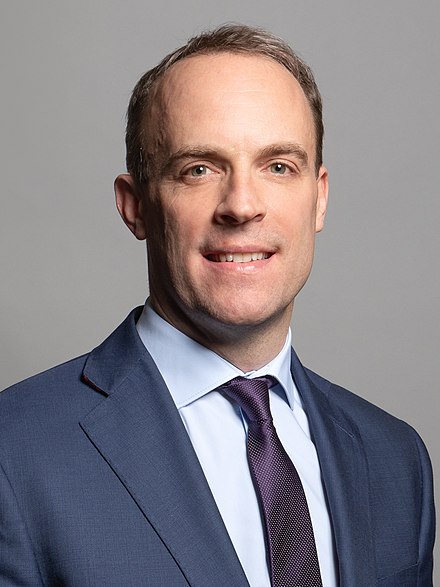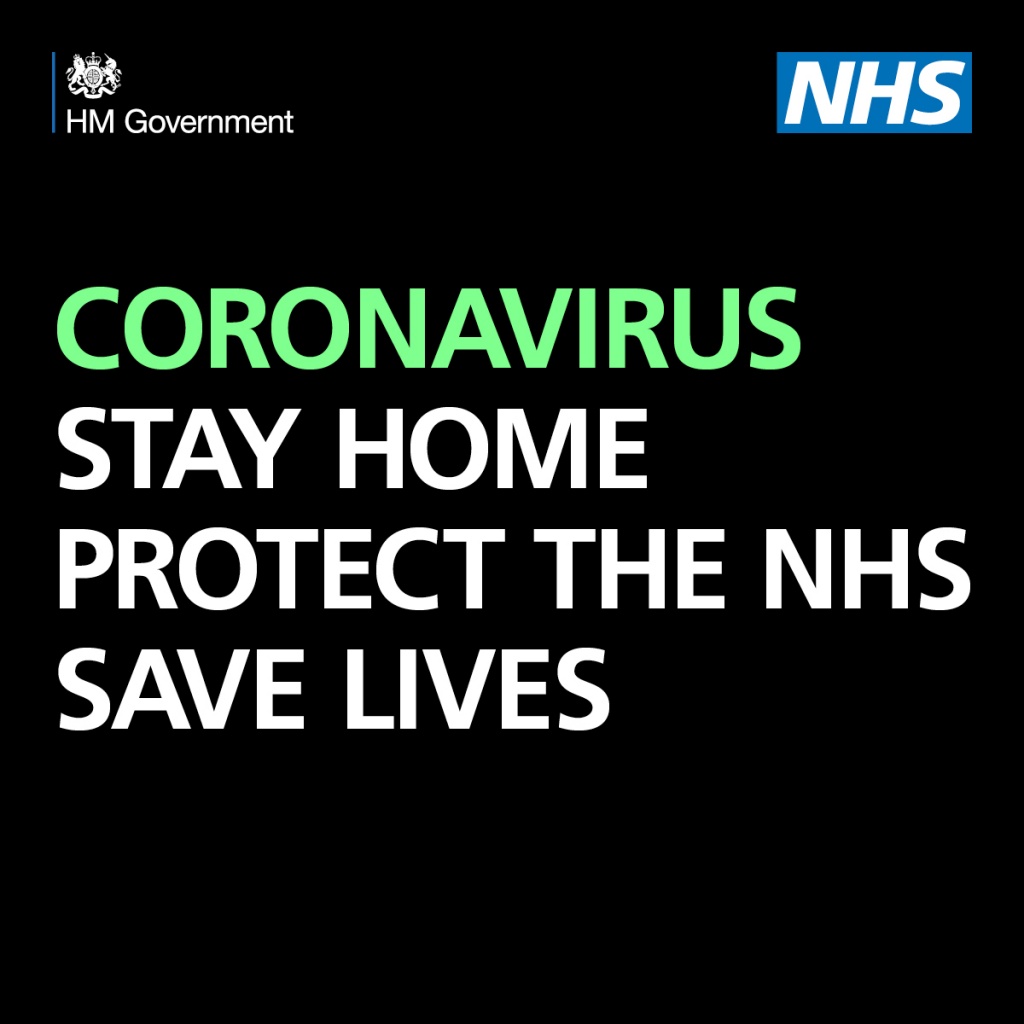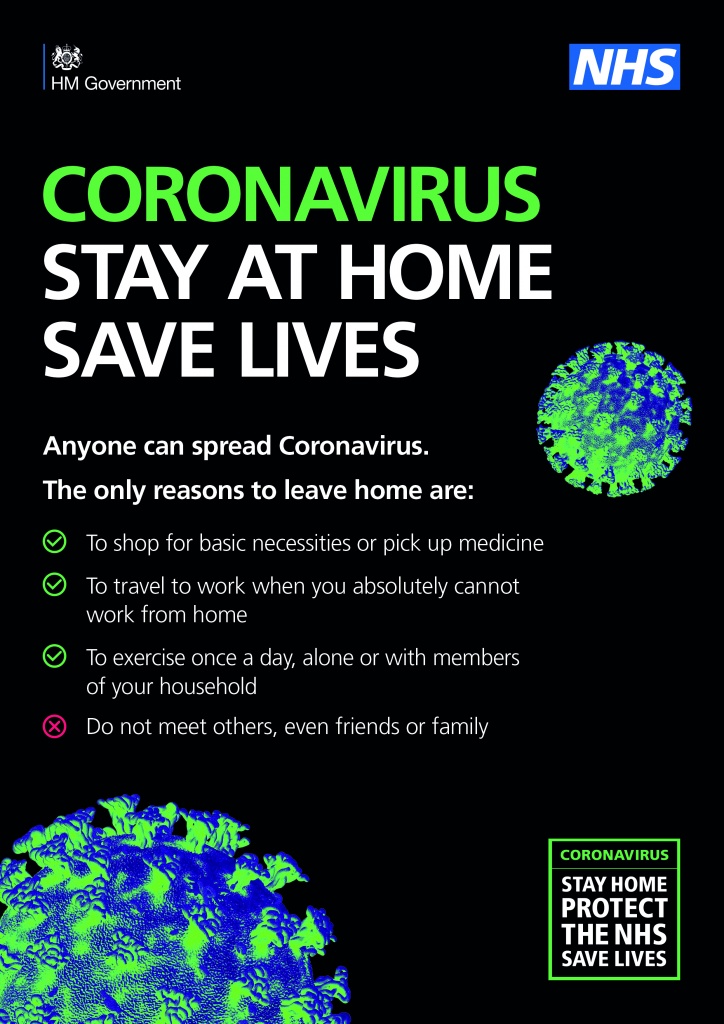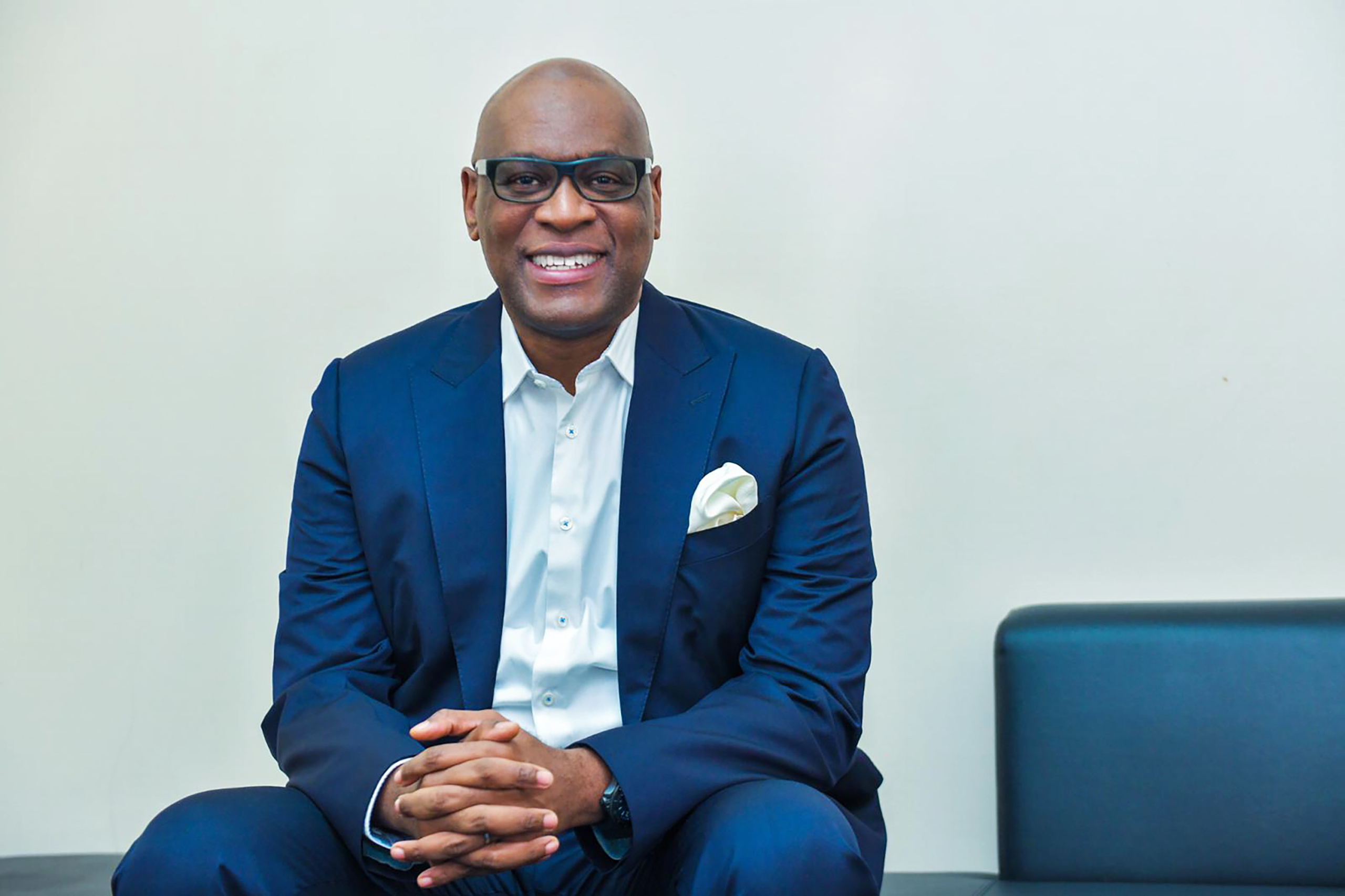
Foreign Secretary Dominic Raab at the Downing street daily press briefing on the government’s response to the COVID-19 pandemic was joined by Chief Medical Officer Professor Chris Whitty and Chief of the Defence Staff, Sir Nicholas Carter on 22 April 2020.
Dominic Raab said: Before CDS talks through the fantastic work that our brilliant armed forces have been doing during this crisis, let me give you an update you on the latest data from the COBR coronavirus data file.
I can report that through the Government’s ongoing monitoring and testing programme, as of today: 559,935 people have now been tested for the virus. 133,495 have tested positive. Of those who have contracted the virus, 18,100 have very sadly died.
We express our deepest condolences to the families and friends of these victims and my heart goes out to every single one of those who have lost a loved one throughout this crisis.
As a Government, we continue to take the steps necessary to slow the spread of this virus. The social distancing measures that people have overwhelmingly adhered to have meant that fewer people have needed hospital treatment.
That has protected our NHS capacity as we continue through the peak of this virus and it has undoubtedly helped to save lives.
At every point in this crisis, we have considered the scientific and the medical evidence that we have received very carefully.
And we have been deliberate in our actions so that we take the right steps at the right time.
Now I know it has been tough going for businesses, for families and for vulnerable members of our communities up and down the country.
It’s been a physical strain as we adapt to living and working at home while not seeing our family and our friends in the usual way we’d like to.
It’s been an economic strain as businesses have had to furlough staff, which is why the Chancellor launched the various business support measures to help see businesses and workers through these difficult times.
But it has also been an immense mental strain on everyone: people stuck at home, families worried about their finances and the elderly more isolated than we’d ever want them to be.
We’re making progress through the peak of this virus, but we’re not out of the woods yet as SAGE advised last week. That’s why the measures we introduced must remain in place for the time being.
The greatest risk for us now, if we eased up on our social distancing rules too soon, is that we would risk a second spike in the virus with all the threats to life that would bring, and then the risk of a second lockdown which would prolong the economic pain that we’re going through.
That was a point that Andrew Bailey, the Governor of the Bank of England, also made earlier on today.
So with that in mind, last Thursday, I set out the five principles that will guide our approach going forward to the next phase, and which must be satisfied before we are willing and in a position to make any changes, which will of course be based on the advice that we receive form SAGE.
That way we will ensure that our path out of this crisis is sure-footed, protecting both the public’s health but also our economy.
If we stick to our plan, if take the right steps at the right time, we can get through this crisis, and I know we will. There’s no hiding the scale of this tragedy.
But even in our darkest moments, the crisis has also shone a light on the best amongst us.
The nation has come together to applaud our heroic NHS staff, our carers every week, and we pay tribute to their dedication and their professionalism and care with which they look after those who have fallen sick.

With General Carter here, today, I think it is only fitting to pay tribute to the amazing work of our fantastic armed forces and the whole MoD led by Defence Secretary Ben Wallace.
They have been there every step of the way, helping us to build the new NHS Nightingale hospitals to reinforce our critical care capacity. Supporting our Local Resilience Forums in delivering Personal Protective Equipment where it’s needed most.
And helping also deliver the mobile labs which are critical to ramping up of testing capacity right across the country.
As a result of those efforts and that team work, hospitals have been able to treat more patients, as result they save more lives and we have ensured that the peak of this virus has not overwhelmed the NHS.
And, today, our armed forces are again part of that team as we announce two new deployments to the NHS Nightingale facilities in Harrogate and Bristol.
Across the UK, this extra hospital capacity which itself comes on top of the 33,000 additional beds we’ve managed to free up across the NHS.
That is the equivalent of building an extra 50 district general hospitals. And as I said, that has safeguarded the capacity in our hospitals to care both for coronavirus patients but also make sure other people get the urgent care or the emergency treatment they need.
People used to joke in this country that you could never build a hospital that quickly.
Well, we didn’t just build one, we built seven and we thank our armed forces for helping to make that happen.
And, you know, for many countries around the world, including modern democracies, the sight of their military on the streets in a national emergency could be a cause for concern or even trepidation.
But for the British people, the sight of our armed forces working side by side with our brilliant NHS staff offers a calm reassurance that the task is at hand, that we will come through this crisis.
Now I make no bones about it. There have been challenges, there still are challenges. We’re not there yet. We continue to ramp up the testing capacity, which will play a really important role in the next phase of the crisis.
Amidst a global shortage in Personal Protective Equipment, we’ve distributed over a billion items to the front line, where its needed most.
We’ve just brought in Lord Deighton who helped organise the London Olympics to boost our domestic supply even further.
And I am on the phone every day pursuing the next batch of deliveries from abroad with the support of our tireless diplomatic service. The first of several new deliveries landed from Turkey in the early hours of this morning.
We will only come through this global pandemic, if we come together as a nation, and if we bring other countries around the world together so that we can rise to this international challenge.
As we work with our partners abroad to get the PPE we need, to get the ventilators we need to pursue a vaccine for this terrible virus, we’re also working night and day to return stranded British nationals from all four corners of the world.
We’ve kept airports open and airlines running to bring over a million Brits home on commercial flights. A massive endeavour.
On top of that, at the FCO, we set up a £75million special charter arrangement with the airlines and that’s already brought home over thirteen thousand people back on 63 flights from more than a dozen countries.
And, we’re organising more charter flights in the days ahead from India, Pakistan, Bangladesh, New Zealand, Nigeria and Sierra Leone.
So at home and abroad, we’re meeting the whole range of challenges that coronavirus presents. And if we stick together, and if we stay the course, we will defeat this virus for good.

Kindly follow us on twitter:@AfricanVoice2










